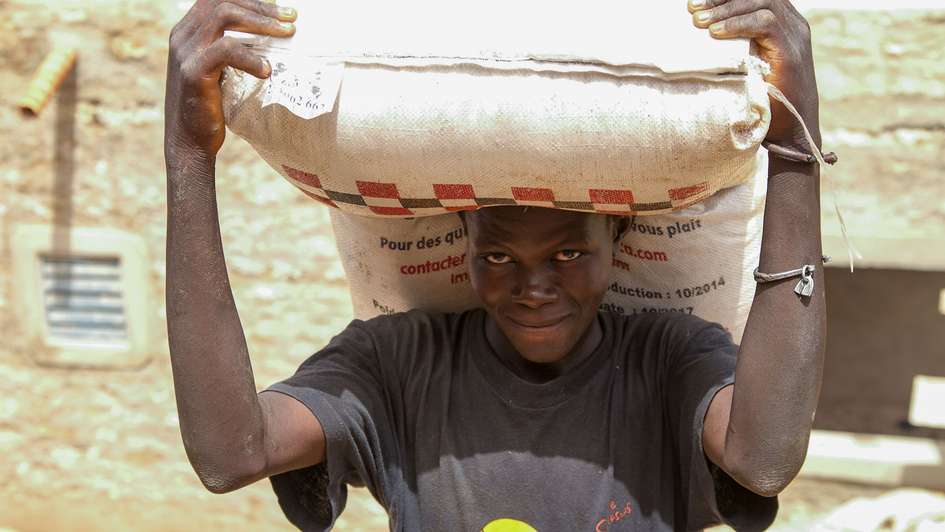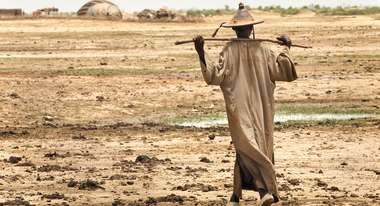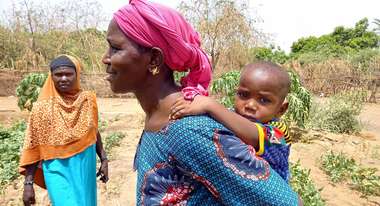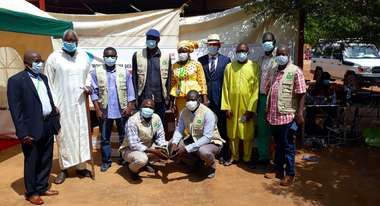The humanitarian situation in Mali is dire
Welthungerhilfe calls for a sustainable strategy of the German federal government

Bonn/Berlin, 2022-02-15. Ahead of the EU-summit with the African Union and in consideration of the ongoing debate on a possible withdrawal of German armed forces, Mathias Mogge, the secretary general of Welthungerhilfe, comments on the current situation in Mali:
“The humanitarian situation in Mali is dire. The country is in the grip of one of the worst crises in years, with around 7.5 million people requiring assistance to survive. These circumstances have alarming implications for the political situation as well. We recommend that the German federal government take an active role in upcoming international negotiations and accompany Mali’s development more closely in the coming years. With no colonial history in Mali, Germany should build on its good reputation and serve as an honest intermediary in the country.
As complex and complicated as conditions in the country and the region are, Germany requires a clear strategy to achieve this goal. This includes clarifying what Germany’s armed forces can achieve in Mali, how useful their involvement is for the stabilization of the country, and whether their presence can significantly alleviate people’s suffering.
The humanitarian situation must play a significantly larger role in future decisions. Hunger and poverty have greatly increased in recent years. Sanctions cannot be allowed to hamper the work of international or local aid organizations. Since Mali is heavily dependent on imports, measures like border closures have a direct impact on food prices and availability. It is crucial to ensure that aid supplies and workers can reach the people in need. This also means that funds for aid projects must not be hindered from entering the country. Recent experiences in Afghanistan provide a stark warning: When a country is isolated by sanctions and aid organizations are operating under severely restricted conditions, people who were already fighting for survival are left to suffer.
Civil society should be supported in order to make its voice heard and play a key role in Mali’s political development. It is not possible to work against either a country’s government or its population.
Instead of turning its back on Mali and other countries in the region as they grapple with significant problems, Germany should generously support peace-building efforts and the civilian population as a whole. The abrupt withdrawal of German armed forces would only compound the problems at hand. That is one of the lessons to be learnt from Afghanistan.”
Welthungerhilfe turns 60 this year. It is one of the largest private aid organizations in Germany; politically independent and non-denominational. With courage and determination, it is striving for a world without hunger. Since it was founded on December 14, in 1962, 10,369 overseas projects in about 70 countries have been supported with 4.2 billion euros. Welthungerhilfe works on the principle of help for self-help: from fast disaster relief to reconstruction and long-term development cooperation projects with national and international partner organisations.







